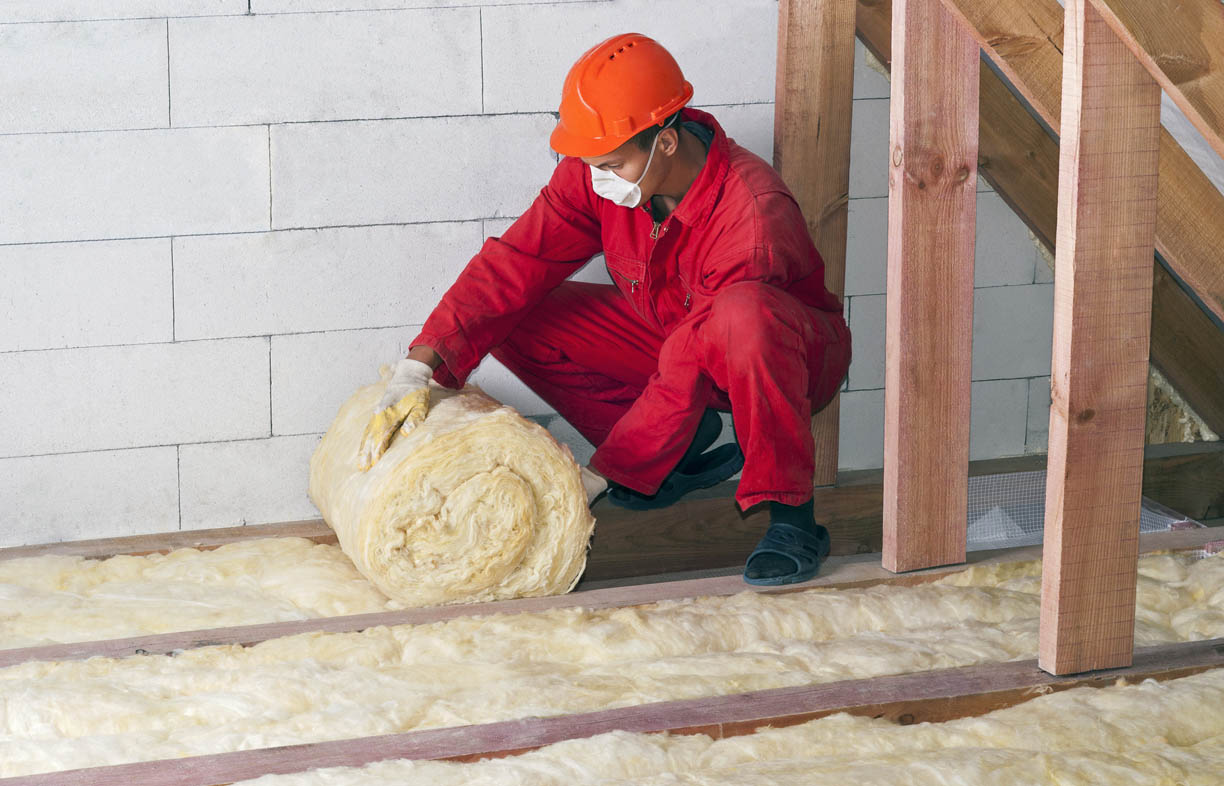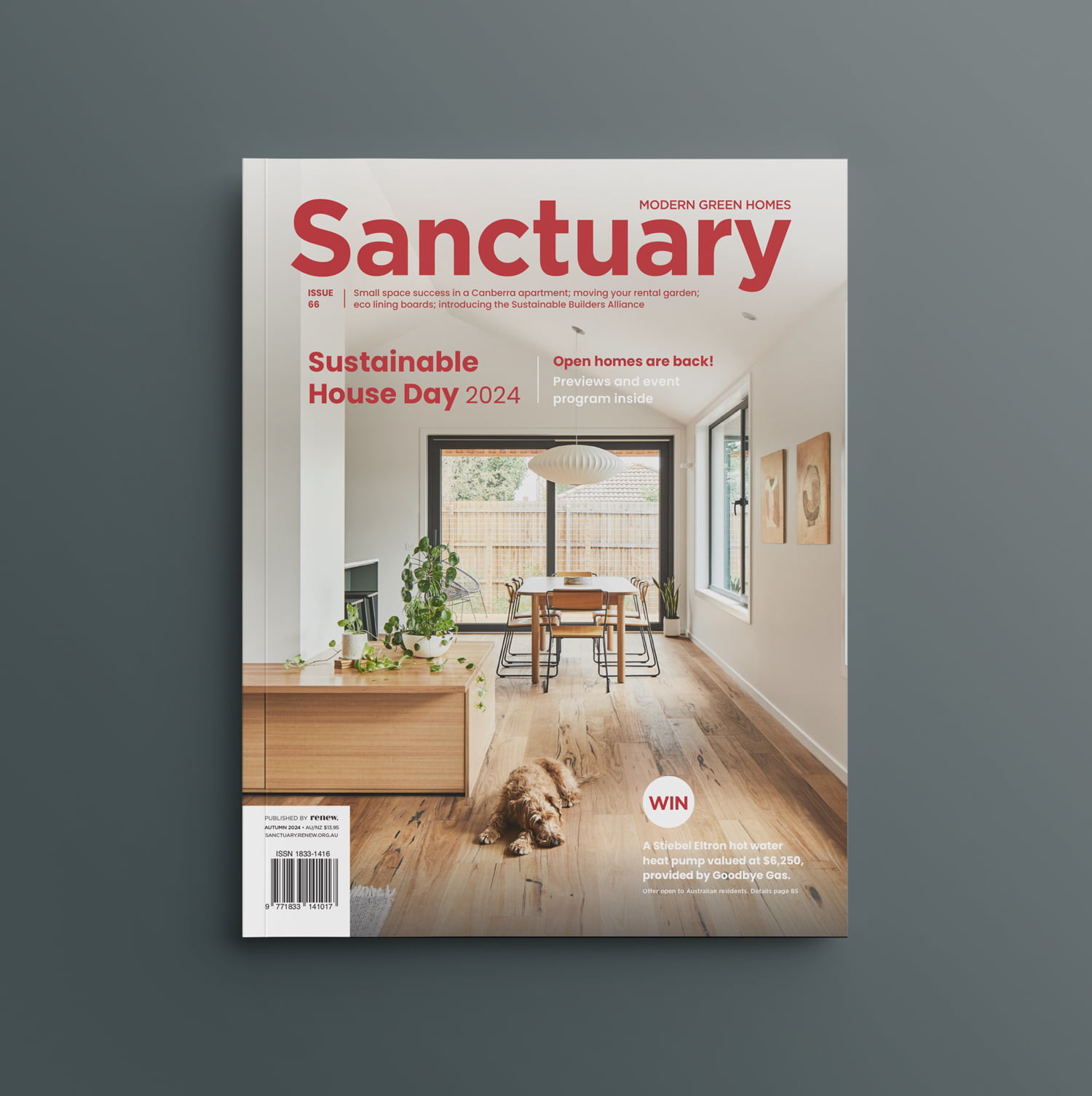New efficiency standards for renters welcomed by Renew

Renew, Australia’s leading body in providing expert and independent advice on housing sustainable solutions, has today supported the Victorian Government on its major commitment on home energy efficiency, but has called on the government to rule out new gas connections under the plan.
Victoria will become the first state to set basic standards for rental homes that include insulation, draught sealing, and efficiency standards for appliances.
“This is fantastic news, and a big win for the renters who have been fighting for their right to a healthy home for years” said Rob McLeod, Sustainable Housing Advocate, Renew.
“Victoria’s plan for rental energy standards puts it ahead of the rest of the country and makes it a model for others to follow.”
Making homes energy efficient will reduce bills and make homes healthy to live in.
People on low incomes are spending on average 6.4% of their incomes on gas and electricity – up from 5.9% in 2008.
According to the government’s assessment of rental regulations, only 76% of landlords reported having ceiling insulation in all of their properties.[i] Insulation reduces the cost of heating by up to 20%.
9% of rental houses and 16% of rental apartments in Victoria – over 66,000 homes – have no heating provided at all.[ii]
However, Renew is urging the Victorian Government to clarify their position on gas appliances – a significant issue when it comes to achieving smart and sustainable homes.
“We call on the government to rule out installing gas appliances as part of this program” said McLeod.
“The best way to reduce power bills will be to back the transition away from gas towards efficient all-electric homes.
“Installing efficient reverse-cycle air conditioners instead of gas would not only reduce power bills and emissions but keep people safe in the face of summer heatwaves.
“Net-zero energy electric homes – with solar PV producing more power than the home uses – are achievable now, at low cost.”
“According to Renew analysis, energy costs of an efficient 4+ star reverse cycle air conditioner are 45% less than even an efficient gas heater. If gas connections are removed altogether, costs to residents are up to 80% lower.
Further Renew analysis finds that installing reverse cycle air conditioning with 4-5 star efficiency ratings would reduce costs to residents by 39% from a basic 2-star reverse cycle air conditioner model.”
Victoria’s announcement comes on the back of a commitment from the re-elected ACT government to introduce minimum rental energy efficiency standards. Other states and territories should follow suit by requiring all rental homes have efficient heating and cooling, draught sealing, insulation, and the right of tenants to make energy efficiency amendments.
[i] Residential Tenancies Regulations 2020, Regulatory Impact Statement. https://engage.vic.gov.au/rentingregulations
EY Sweeney market research commissioned by the Department found that rental providers reported the following energy efficient features in their properties:
- insulation in roof and/or floor – 76 per cent (all properties) and 9 per cent (at least one property);
- draught proofing or weather-sealing on windows and exterior doors – 44 per cent (all properties) and 12 per cent (at least one property);
- energy efficient heating – 42 per cent (all properties) and 14 per cent (at least one property);
- energy efficient hot water system – 41 per cent (all properties) and 12 per cent (at least one property); and
- energy efficient cooling – 32 per cent (all properties) and 15 per cent (at least one property).
[ii] Residential Tenancies Regulations 2020, Regulatory Impact Statement. https://engage.vic.gov.au/rentingregulations

